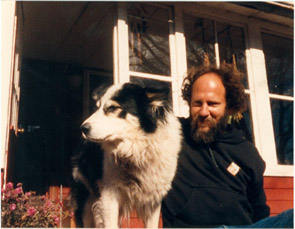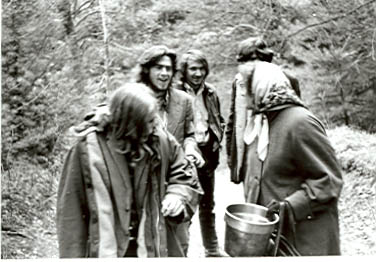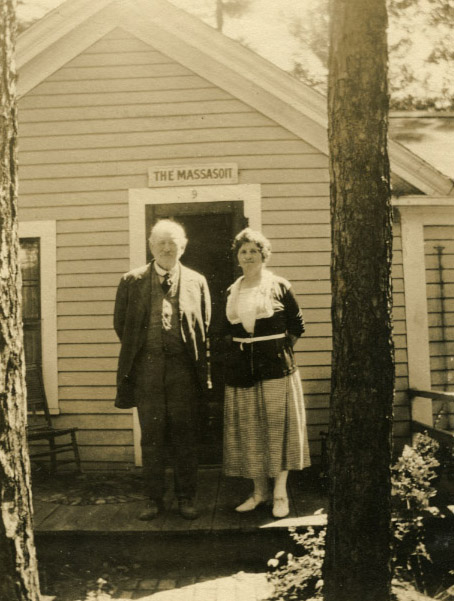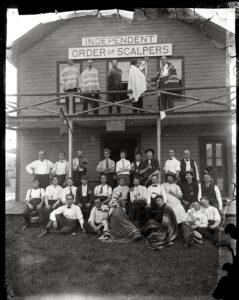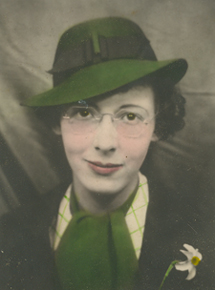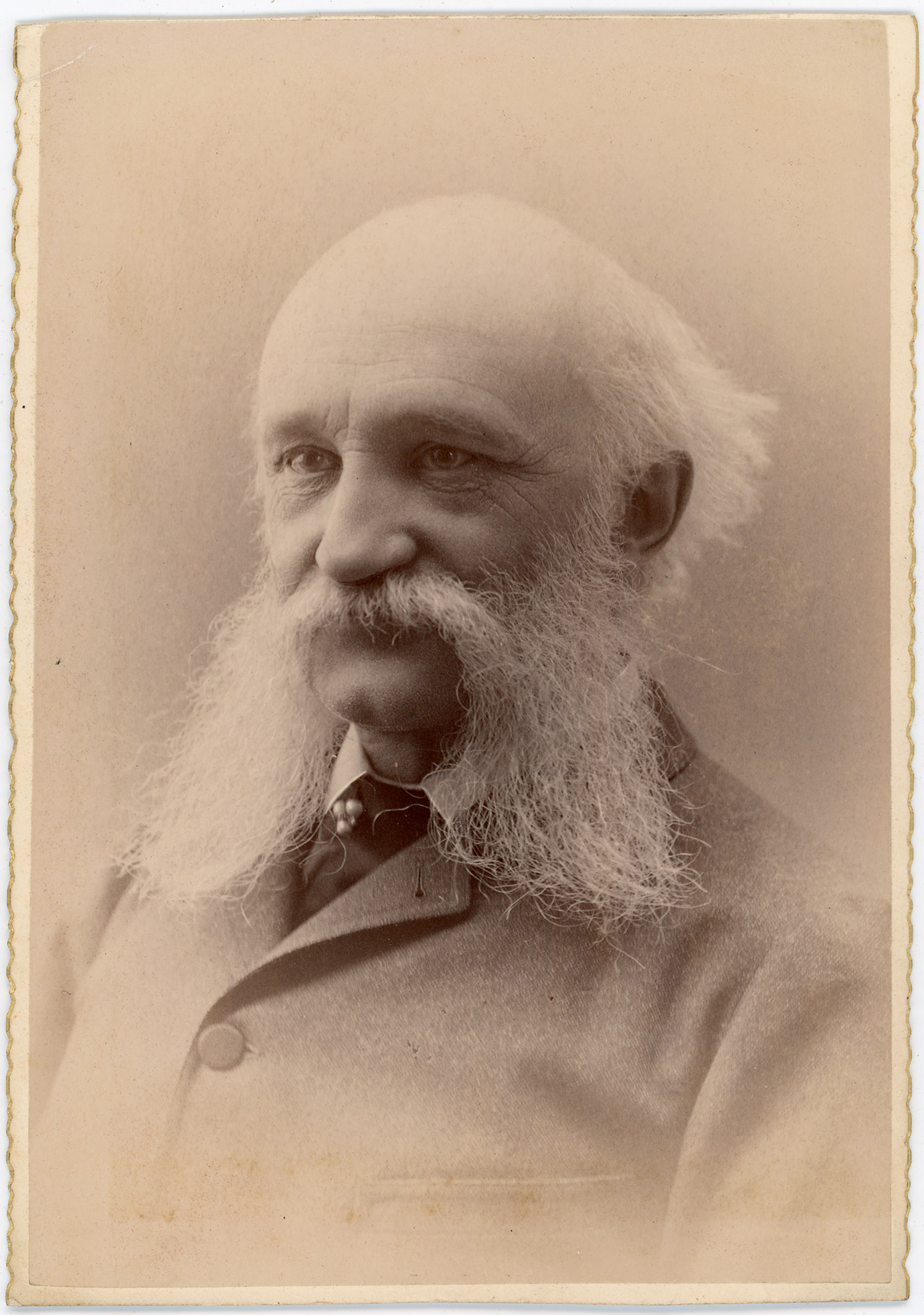Elwood Babbitt Papers
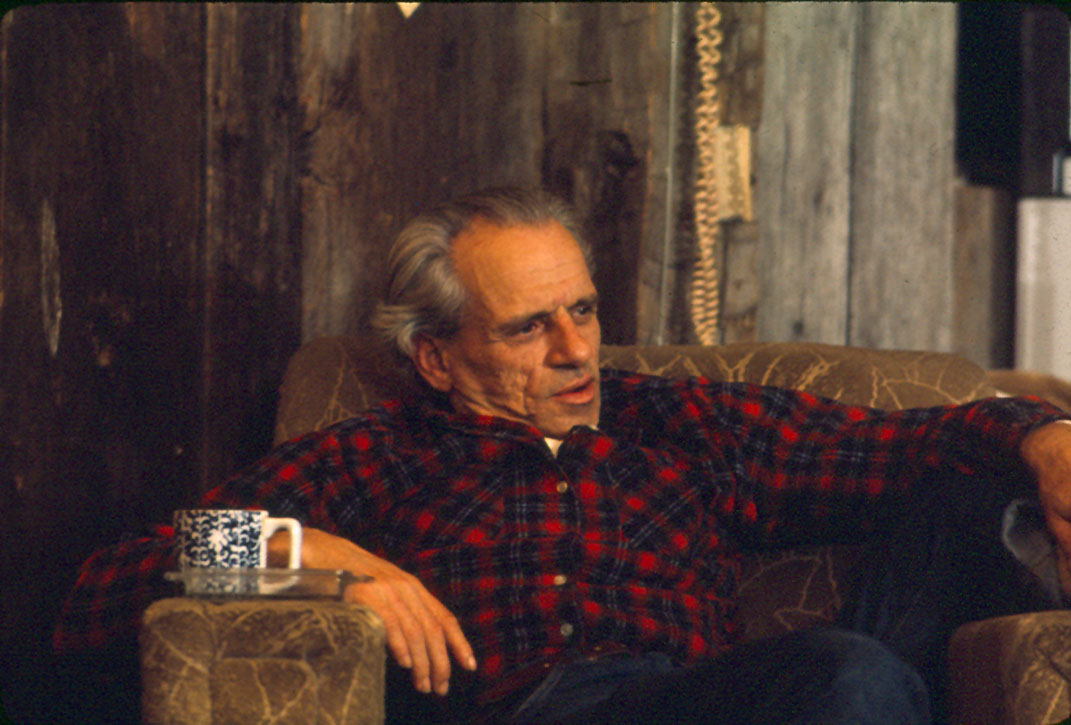
Clairvoyant from youth, Elwood Babbitt developed his psychic abilities at the Edgar Cayce Institute, and by the mid-1960s, was well known in Western Massachusetts through his readings and lectures, often opening his home to other seekers. Charles Hapgood, a professor at Keene State College, worked closely with Babbitt studying the physical effects of the medium’s trance lectures, and by 1967, he began to take on the painstaking process of transcribing and copying them. With communications purporting to come from Jesus, Albert Einstein, Mark Twain, and the Hindu god Vishnu, among others, these lectures formed the basis for several books by Hapgood and Babbitt, including Voices of Spirit (1975) and The God Within (1982). In 1970 Babbitt became involved with the Brotherhood of the Spirit commune in Leydon, Massachusetts and was a “spiritual mentor” to Michael Metelica, the community leader there. He helped Metelica develop his psychic abilities, but they eventually had a falling out, along with others from the community, in the late 1970s. Babbitt ultimately established a non-profit, alternative school, the Opie Mountain Citadel, which was essentially run out of Babbitt’s home in Northfield. He continued to involve himself in spiritual groups up to his failing health and eventual death in the Veteran’s Administration Hospital in White River Junction, Vermont on April 25, 2001
The collection consists of proofs of publications, lectures, some correspondence, film reels, and transcripts of spiritual communications for which Babbitt was the medium.


